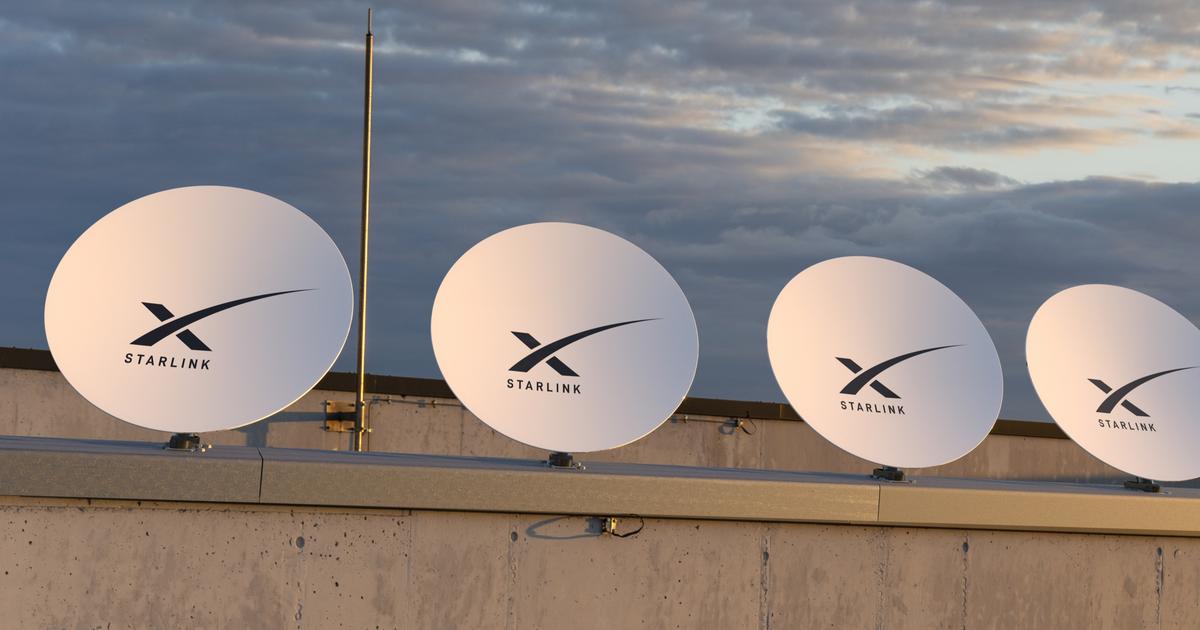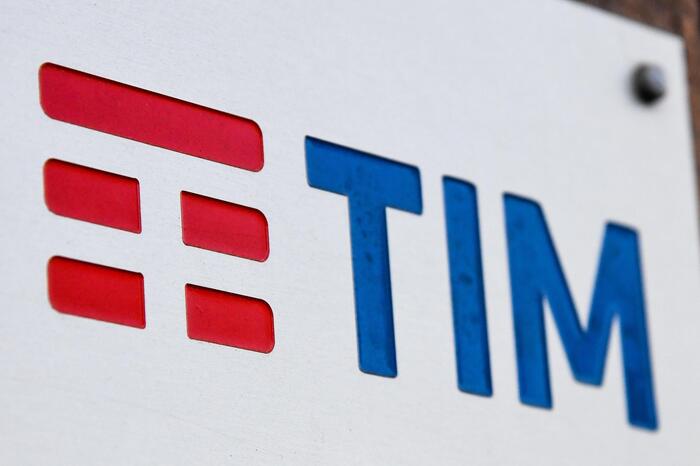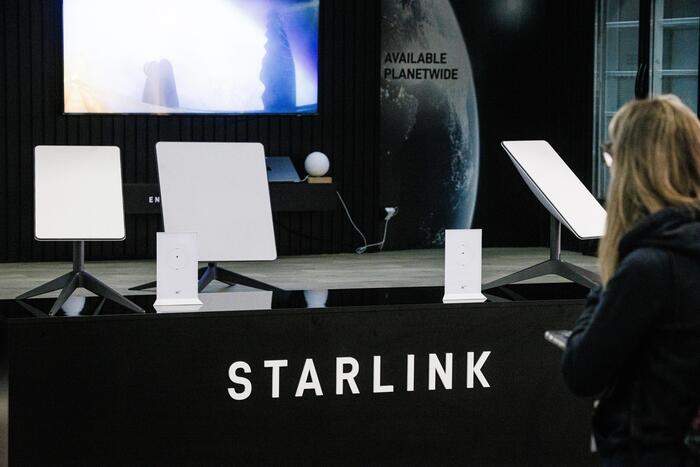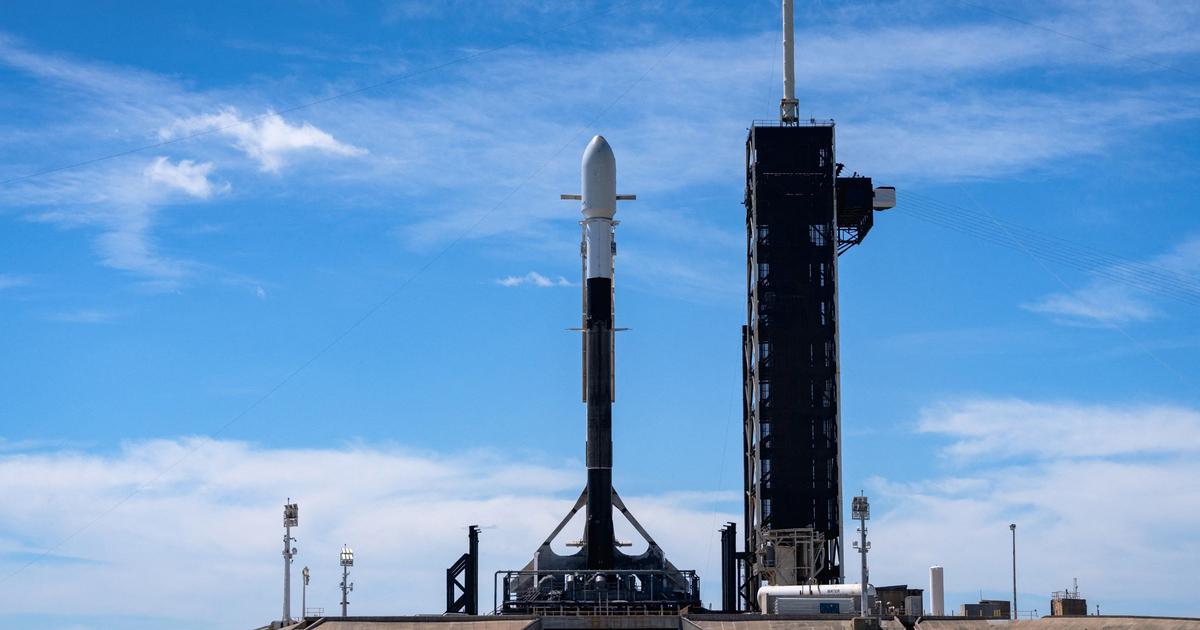Enlarge image
Starlink starter set in Odessa
Photo: Nina Lyashonok / NurPhoto / IMAGO
On the messenger service Telegram, Dmitry Rogozin railed against Elon Musk.
The Tesla boss will have to answer for the fact that he was “involved in supplying fascist forces in Ukraine with military communications”.
The reason for the anger of the head of the Russian space agency Roskosmos: Musk had thousands of Starlink kits sent to the country attacked by Russia.
Using the satellite network operated by Musk's space company SpaceX, these devices can connect to the Internet anywhere in Ukraine.
Even where the Russian army has destroyed the Internet infrastructure, paralyzed it or redirected it to Russia.
Musk countered on Twitter with a deliberately nonchalant, "If I die under mysterious circumstances - it was nice meeting you guys."
More than 10,000 of the Starlink starter kits, consisting of satellite dishes, cables and electronics, have been delivered to Ukraine since the start of the war, Ukrainian Digital Minister Mykhailo Fedorov wrote on Telegram in mid-April.
With them, energy and telecommunications facilities as well as hospitals that would otherwise be cut off from the network would be reconnected to the Internet.
This means that "an ideal Internet" is not possible, said Dmytro Zinchuk from the Internet provider Freenet in the Kyiv region in an interview with "NBC News".
Nevertheless, Starlink is "the salvation for people who have not had a connection for many weeks." The satellite terminals can hardly be more than an emergency solution for normal Internet access.
He received five starter packages, says Zinchuk, with each of which he can supply around 150 customers.
In total, around 150,000 people in Ukraine would be provided with Internet connections in this way, Minister Fedorov jubilated on Twitter: "No matter what happens, Ukraine will remain connected."
Of course, this does not always mean that connections abroad are involved.
They are important for bringing images and voices of the war to the world.
And to enable those who have fled abroad to make contact with those at home.
Above all, however, the Starlink systems are important for the military.
If only to enable the units to communicate with each other despite the destroyed cell phone towers and landline lines.
This is also essential for the Aeroroswidka unit, which uses its drones to conduct aerial reconnaissance for the Ukrainian military, detect enemy tanks and other vehicles and also attack them with drones.
As early as March, the Russian military attempted to use electronic warfare to block Ukraine's vital Starlink connections.
But the attempt was only successful for a short time.
Just a day after Russia launched its countermeasures, Musk's SpaceX delivered new software to the systems that thwarted Russia's attempts.
"This is fantastic... how they did it is beyond me," commented Dave Tremper, the US Secretary of Defense's Office of Electronic Warfare, of the quick response.
The Ukrainians are obviously aware of the danger that Starlink satellite dishes could become the target not only of electronic warfare but also of deadly attacks.
Digital Minister Fedorov posted a photo on Twitter on Sunday with the note: "Can you see a Starlink?" And indeed, you have to look closely to see the angular antenna.
A picture that shows how important a functioning internet is during the war in Ukraine.
And how dangerous.






/cloudfront-eu-central-1.images.arcpublishing.com/prisa/64IMUBBOIZEUXMA6MUFZQMQHHE.jpg)
